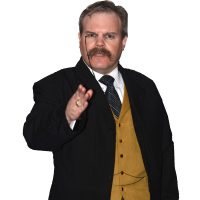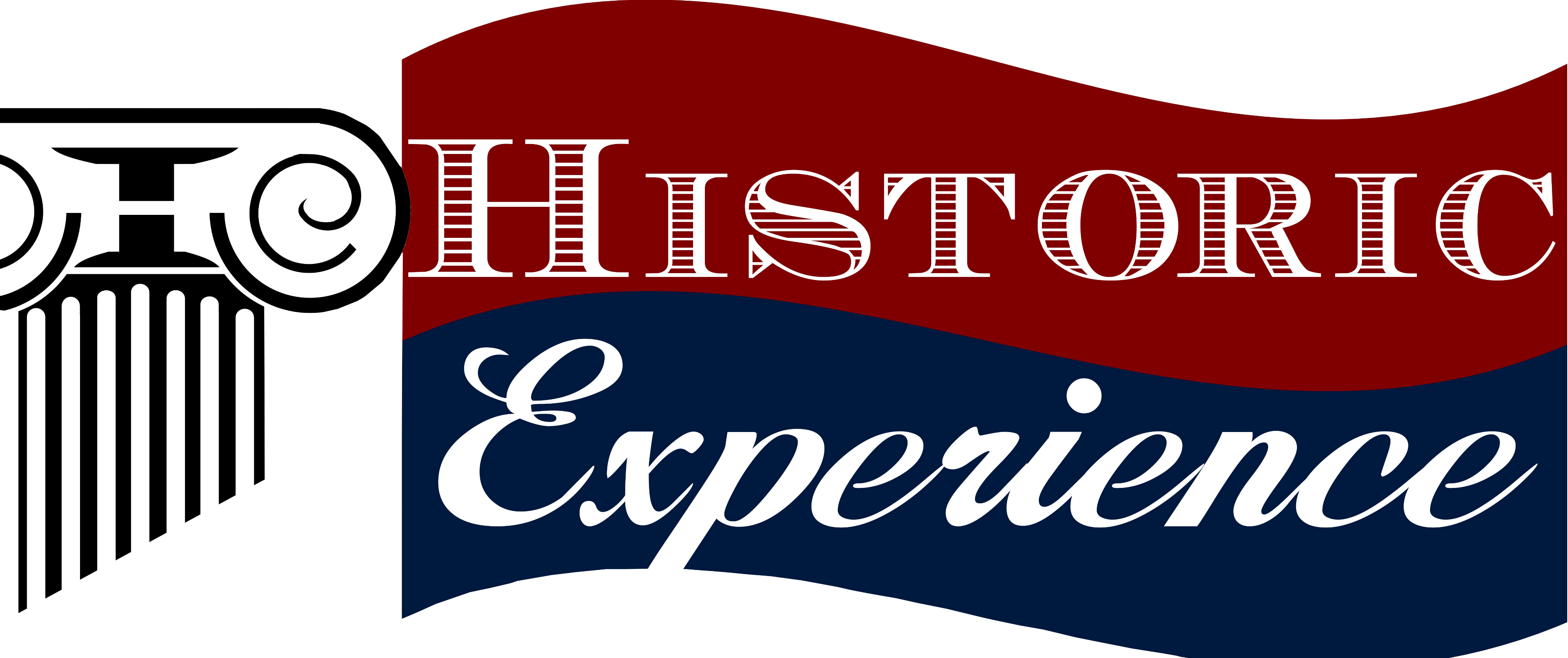March
19, 1860
William
Jennings Bryan
(according to TR)
March
10, 1860:
William Jennings Bryan (according to TR)
Today marks the birthday of William Jennings Bryan – orator, Secretary of State, and thorn in Theodore Roosevelt’s side.
"the Great Orator"
Bryan and Roosevelt, strangely enough, had some things in common. They were born around the same time (Roosevelt, 1858; Bryan, 1860); they both studied law (Bryan graduated from Union Law College – later Northwestern; Roosevelt began studies at Columbia Law, but was disenchanted by what he saw as a bias toward business). Both men wanted to tame the overreach of trusts. And most evident, they both liked to talk.
Bryan was nicknamed “the Great Orator,” a name that he lived up to with hundreds of speeches across the country. His most well-known speech was given in 1896, at the Democratic National Convention in Chicago, where he decried the gold standard that the United States had been operating under for decades.
If they dare to come out in the open field and defend the gold standard as a good thing, we shall fight them to the uttermost, having behind us the producing masses of the nation and the world. Having behind us the commercial interests and the laboring interests and all the toiling masses, we shall answer their demands for a gold standard by saying to them, you shall not press down upon the brow of labor this crown of thorns. You shall not crucify mankind upon a cross of gold.
This “Cross of Gold” speech lofted Bryan to great credit in the Democratic party, and to the party nomination three times. And that is how these men’s paths intersected. Roosevelt was a loyal Republican, and though he would cross party lines from time to time, his usual role at election time was touting his party’s nominee. And even before TR became a Presidential nominee, he was a believer in many party policies, including the Gold Standard. Here, in Century Magazine, he counters the Bryan and Democratic calls for expanding silver as currency along with gold.
The question of the free coinage of silver is not complicated at all. Very many honest men honestly advocate free coinage; nevertheless, in its essence, the measure is one of partial repudiation, and is to be opposed because it would shake the country's credit, and would damage that reputation for honest dealing which should be as dear to a nation as to a private individual. “The Issues of 1896. A Republican view, by the Honorable Theodore Roosevelt.” Century illustrated Monthly Magazine, November, 1895.
When Roosevelt ultimately signed on to serve as William McKinley’s Vice Presidential nominee in 1900, TR and Bryan essentially raced each other. Bryan was once again the Democratic nominee for President, and as he had done in previous campaigns, crisscrossed the country, giving speech after speech, stirring up crowds.
McKinley, not the speaker that Bryan was, held a “front porch campaign,” where he spoke mostly at his home in Ohio and in Washington. The younger and more vibrant Roosevelt took to the rails and the roads, and according to Harper’s Weekly, Roosevelt gave 643 speeches to Bryan’s 546. And McKinley won reelection with a greater margin in 1900 than he did in 1896.
Interestingly, Bryan often accused Republicans of favoring trusts and wanting to protect them – while Roosevelt ultimately went on to become known as the Trust-buster.
Bryan frustrated TR, though he respected the Orator’s abilities. But it was perhaps those abilities that spurred TR all the more to take on Bryan.

THEODORE ROOSEVELT
To Anna Roosevelt Cowles, July 19, 1896.
Bryan is a personally honest and rather attractive man, a real orator and a born demagogue, who has every crank, fool, and putative criminal in the country behind him, and a large proportion of the ignorant honest class; and in the middle west, where the decisive battle will be waged, we shall beat him only after a very hard struggle.
